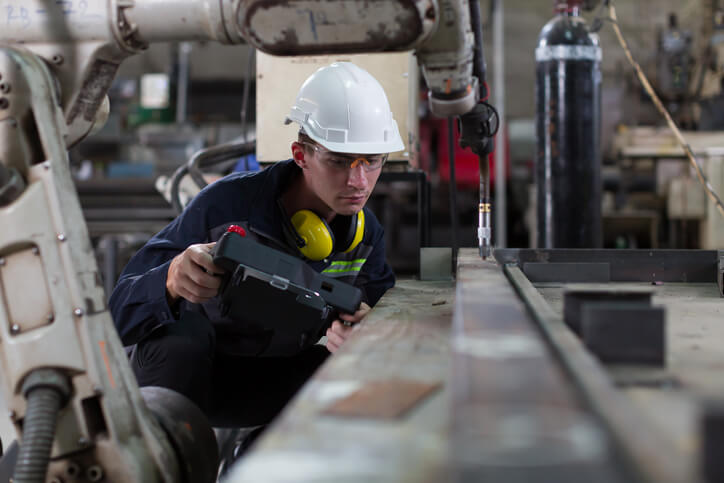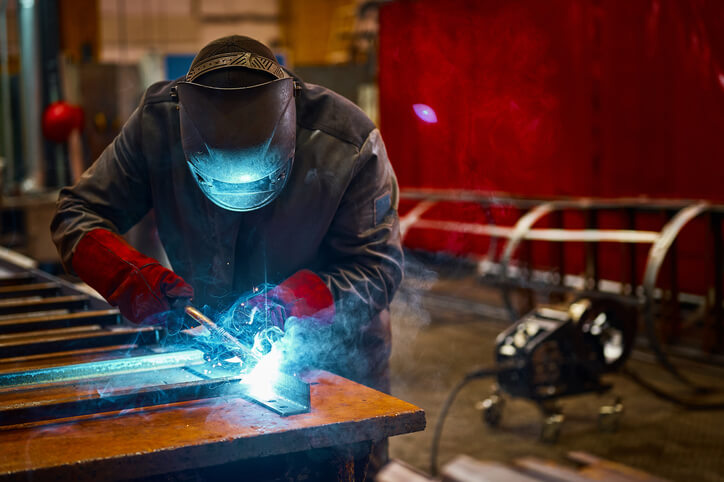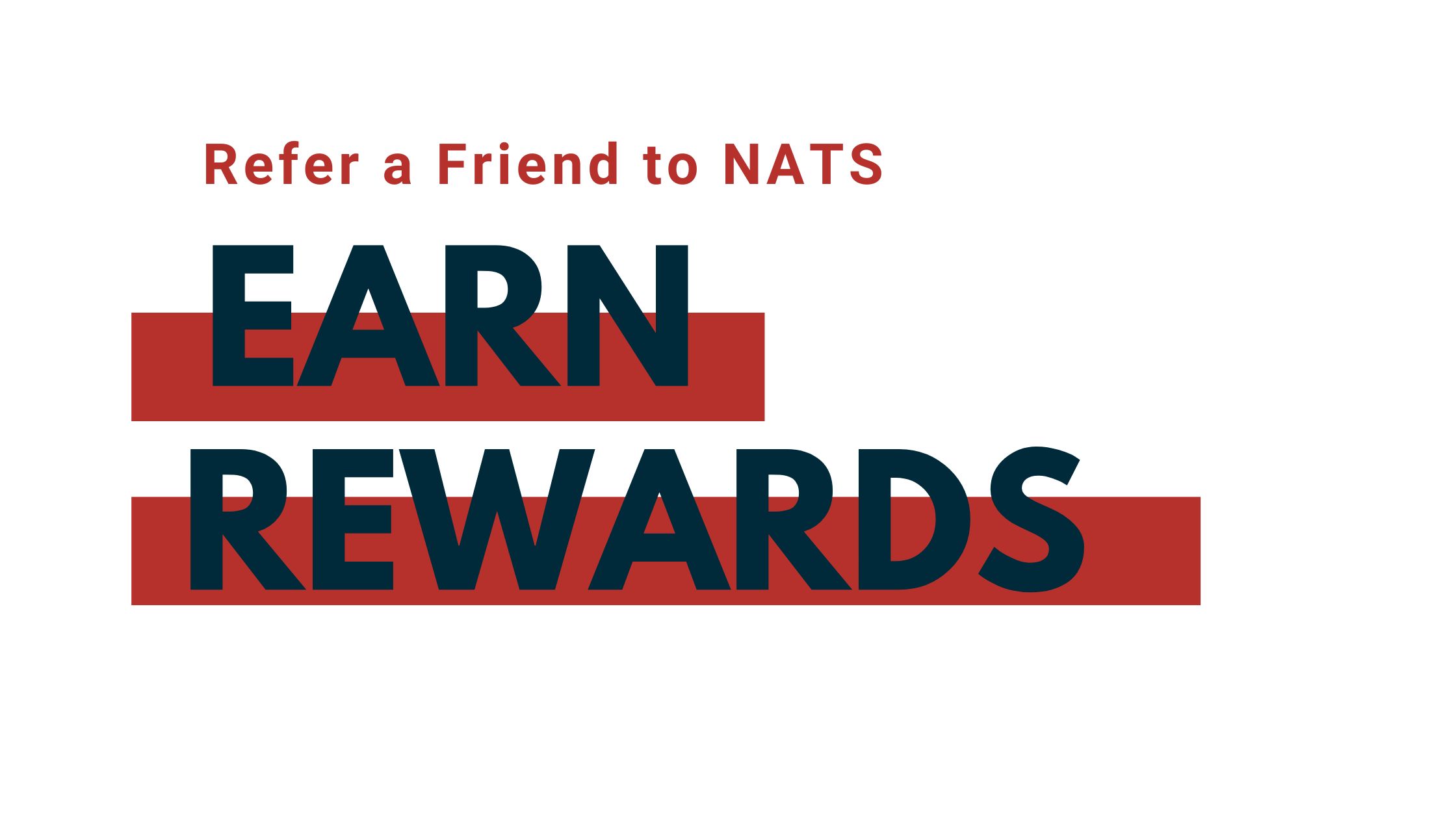
Welding is undoubtedly worth exploring if you’re looking for an interesting career path that allows you to use your hands and create tangible results. Welders use metal to build various structures, from intricate decorative pieces to reinforcements for our bridges and large buildings. Several industry-specific competencies and soft skills are required for success as a welder. As with any career path, quality training is an excellent place to start.
North American Trade Schools offers a comprehensive Structural & Pressure Vessel Welder Diploma Program to equip you with all of the skills you’ll need to be employed in the welding field with confidence. Math for welding, health and safety concerns, and welding theory are just a few topics covered at length in our program. In addition, students can practice their welding skills in practical labs. Keep reading to discover what skills you can expect to learn in our training program and how they’ll help you succeed.
1. Physical and Administrative Capabilities Are Required
Welding is a physical job that requires a fair amount of strength and endurance. Everyday welding tasks include lifting, twisting, and bending to assemble and dismantle heavy-duty equipment. Welders also benefit from a steady grip as they must hold a torch steady for extended periods. After welder training, your eyes will be as important as your hands. Excellent depth perception, hand-eye coordination, and close vision will help you create consistently accurate results.
While having a physique is beneficial, administrative skills are equally as important.
Welding is a project-based career path. To succeed, you should possess excellent project management skills. This involves effective time management to meet deadlines, good project planning, organization, thorough documentation practices, and teamwork.

Though much of your work as a welder will be done independently, effective communication skills are essential to your productivity since you must collaborate with other team members, supervisors, and others working on your job site or factory.
2. Attention to Detail and Numerical Skills Help in Welder Training
Welders are required to produce results with minimal flaws. If you’re naturally detail-oriented, you’ll be well prepared to notice and fix grease buildup, corrosion, bubbling, and cracks on your work. As a welder, parts, material, and equipment inspection will be a regular part of your role, which requires taking note of issues quickly.
Your attention to detail will also help you maintain a safe work environment since you will often work in dangerous surroundings after welding college. In addition, flaws in your work could have public safety implications, so it’s important to make double and triple-checking a habit. Like other welding skills, you will have plenty of opportunities to refine your attention to detail during training as you learn what imperfections to look for in materials, equipment, and your projects.
Though you won’t need to understand advanced algebra to succeed as a welder, numerical skills are handy. Our Structural & Pressure Vessel Welder diploma program covers basic math for welders, which will help you calculate dimensions, interpret sketches, read blueprints accurately, and understand two- and three-dimensional diagrams. Good math skills will help you with your day-to-day welding tasks, logical reasoning, and problem-solving on the job.

3. Mechanical Skills Will Help You Use Tools Properly
Welders work on various projects and must understand the technology and tools that will make their work more accessible and more effective. In our program, you will have the opportunity to practice using welding equipment in a state-of-the-industry lab environment under the supervision of our expert instructors.
Students learn how to use modern tools for welding, commonly used techniques like gas metal arc welding, gas tungsten arc welding, flux cored arc welding, and shielded arc metal welding. If you’re mechanically inclined and enjoy learning about new technologies, this part of your welding training will undoubtedly be fulfilling.
If you have what it takes to become a successful welder, start training today! The Structural & Pressure Vessel Welder diploma program will help you transform your natural aptitudes into highly marketable skills in an exciting industry!
Are you ready to earn your welding diploma?
Contact NATS to learn how you can get started.





